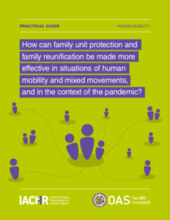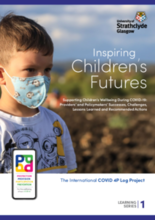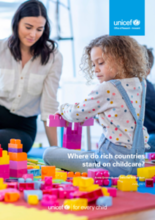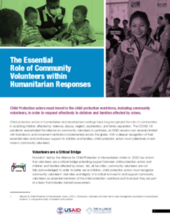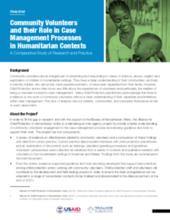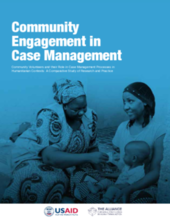Displaying 1001 - 1010 of 4424
This high-level conference will examine how prohibition of corporal punishment can be put into practice, with international examples of leadership and implementation.
Article from TIME reports fewer Americans are adopting internationally.
Changing the Way We Care (CTWWC) is seeking consultants to conduct an outcome evaluation to help CTWWC understand the changes that have resulted from the first 3 years of their work within their demonstration countries (Kenya and Guatemala) and their regional and global influencing work.
he Inter-American Commission on Human Rights (IACHR) has issued, in collaboration with the UN Refugee Agency (UNHCR), a practical guide on how to protect family unity and reunification more effectively in human mobility and mixed movement contexts during the ongoing COVID-19 pandemic. This publication is part of a series of guides issued by the IACHR to address the impact of the pandemic on human rights. The guide makes recommendations to States, so they may protect family unity, prevent separation, and take any necessary measures to ensure the reunification of families who may have been separated in contexts associated with human mobility.
This report presents the findings of the COVID 4P Log Project, which sought to better understand the changing demands on the policies and practices designed to support children's wellbeing in response to the COVID-19 pandemic across different cultures and contexts, in 22 countries and five continents.
This report published by UNICEF’s Office of Research – Innocenti, ranks countries across the Organisation for Economic Co-operation and Development (OECD) and the European Union (EU) based on their national childcare and parental leave policies.
This is a 3-page document targeting donors, policy makers, and UN agencies regarding the roles of volunteers and how decision makers can support their roles
The Alliance for Child Protection in Humanitarian Action undertook an inter-agency project to provide a better understanding of community volunteers’ engagement in the case management process and develop guidance and tools to support their work.
Community volunteers are an integral part of preventing and responding to cases of violence, abuse, neglect and exploitation of children in humanitarian settings. They have a deep understanding of their communities, and help to identify children who are at-risk, have experienced harm, or have been separated from their family. Following global and field research conducted in 2020, the Alliance has produced key resources related to the roles of community volunteers in Child Protection case management in humanitarian settings.
To help feed into the discussions around the 2021 DGD on Children's Rights and Alternative Care, a public consultation has been launched, including a call for submissions of written/video content and a children and young people survey.


